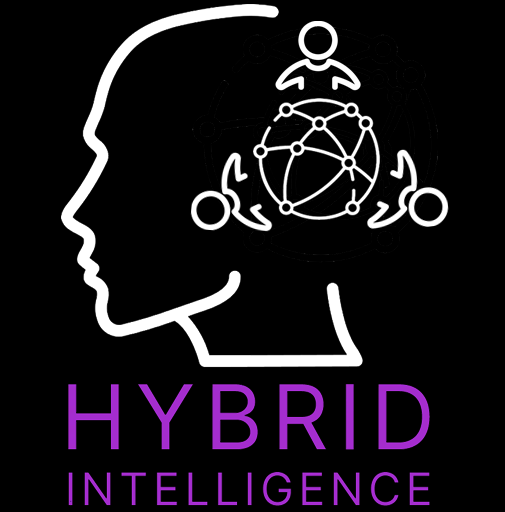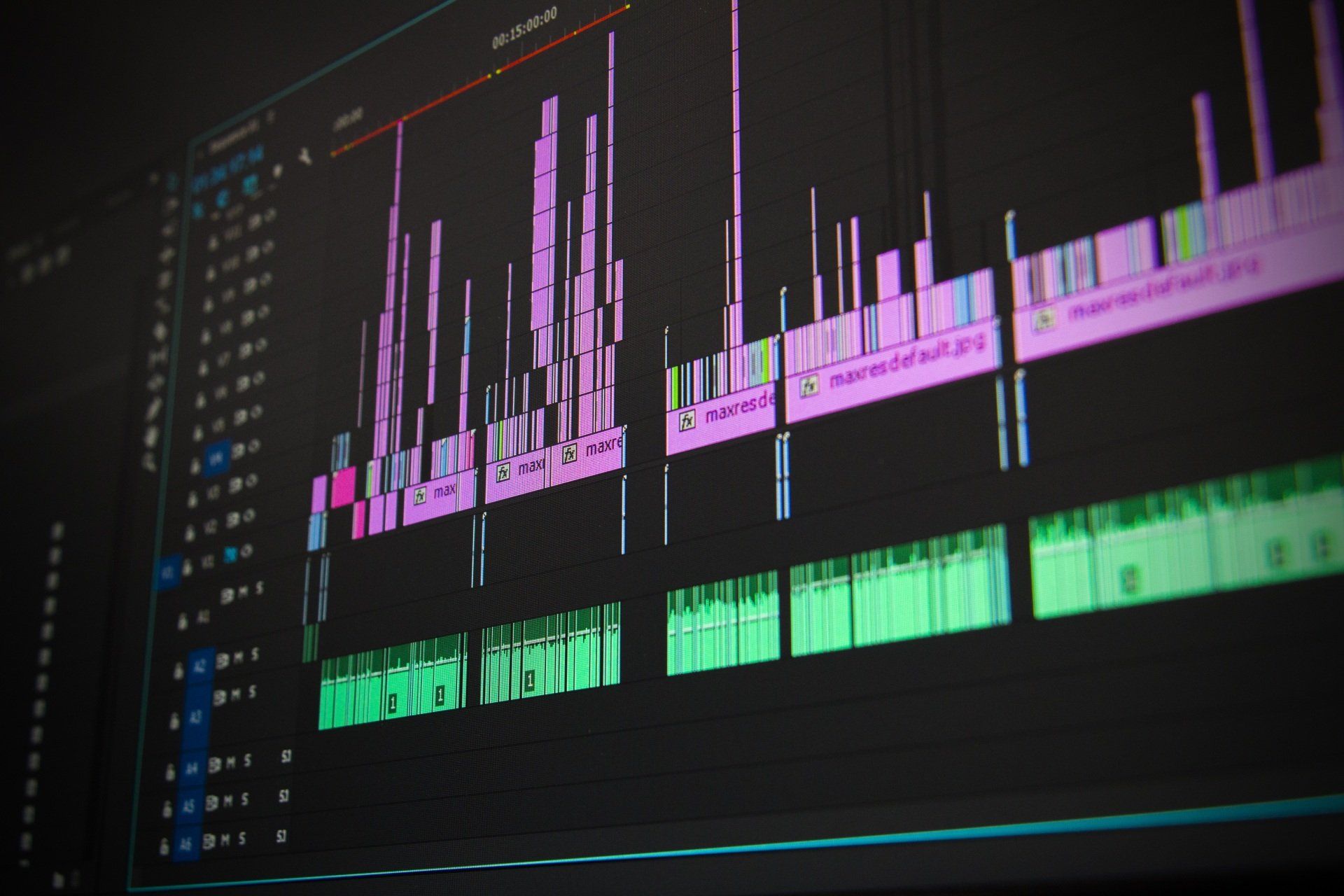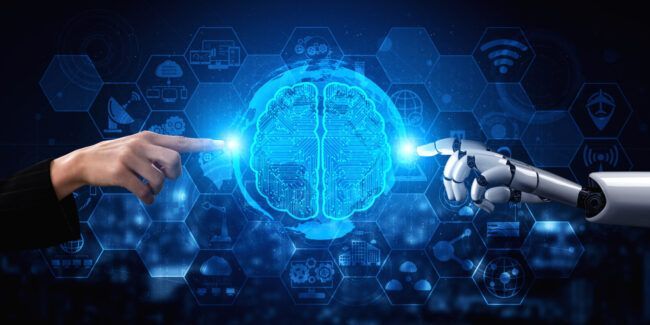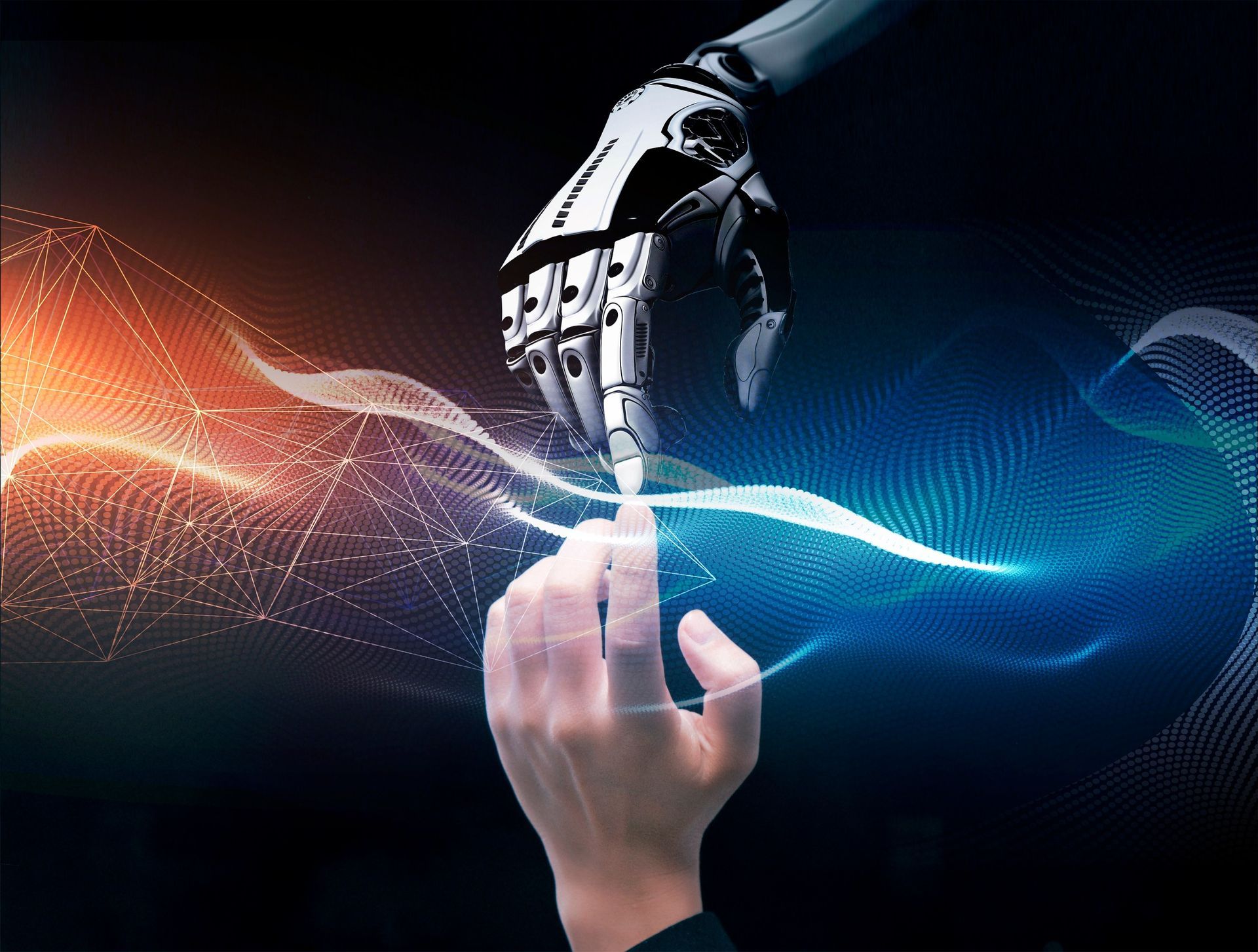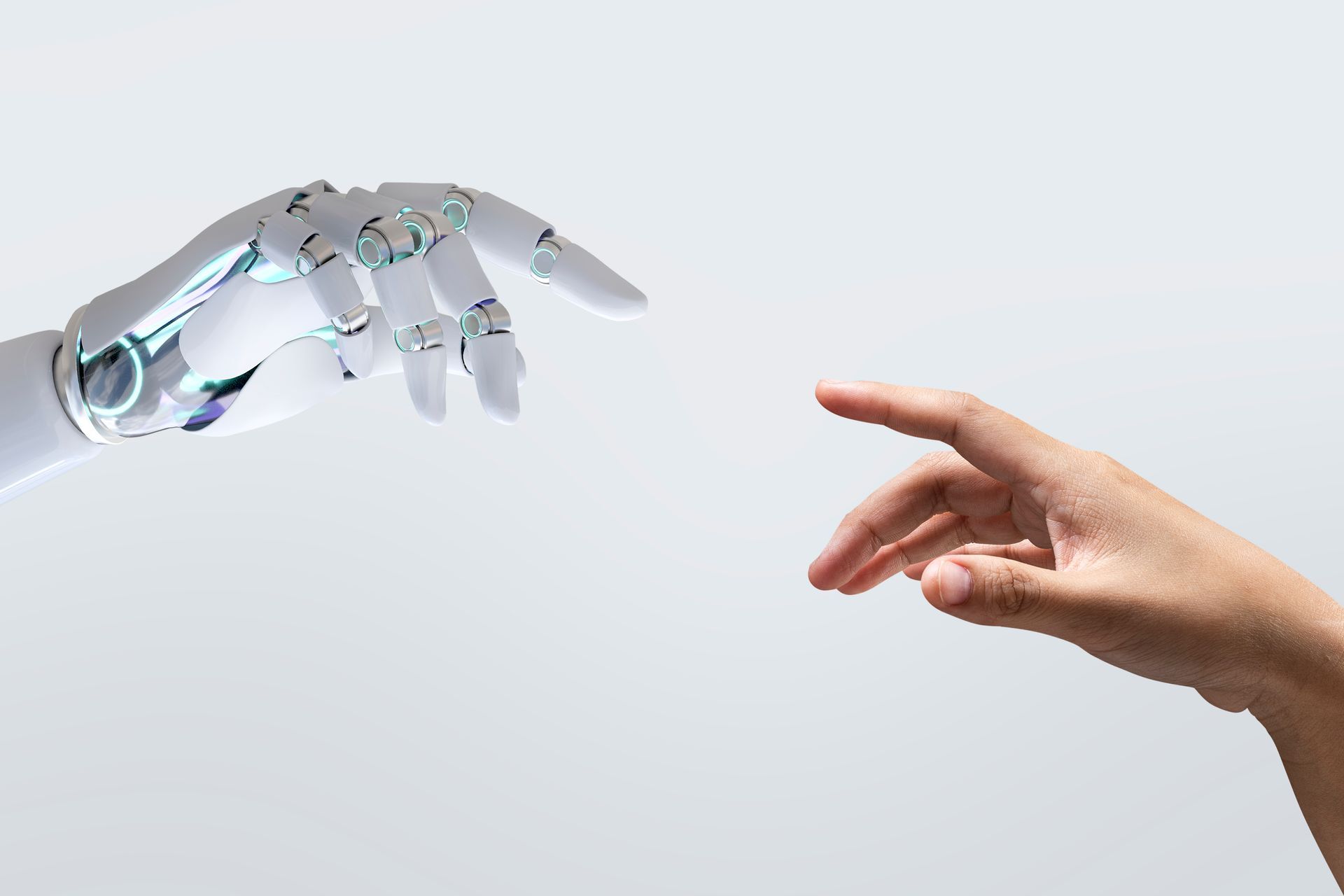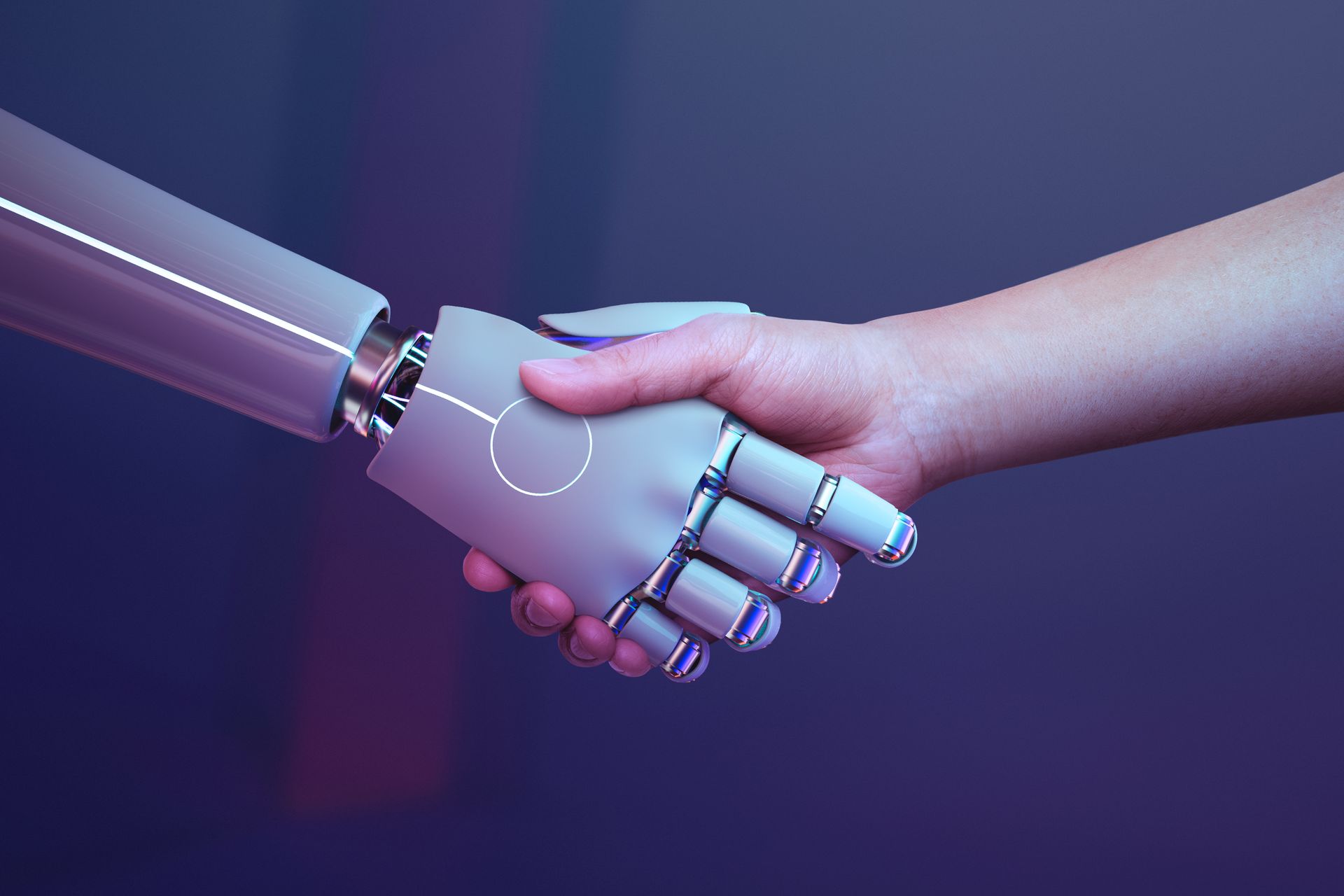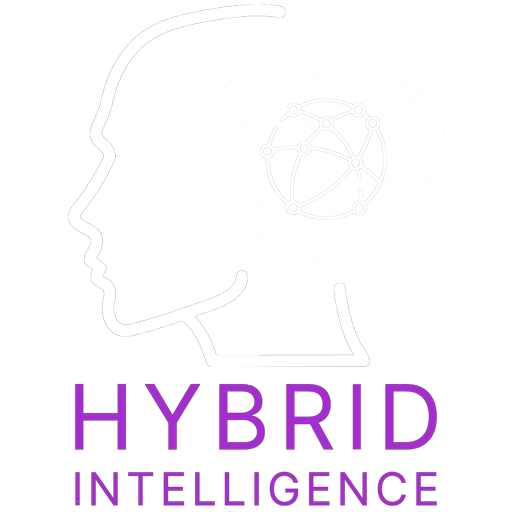Three Perspectives on Artificial Intelligence (AI) and its Impact on Humanity
Three Perspectives on Artificial Intelligence (AI) and its Impact on Humanity
In recent times, the question of how AI will impact human intelligence and society has been a topic of frequent debate. There is an abundance of discussion within the public media and scientific literature regarding the potential influence of artificial intelligence (AI) on society. Many experts have offered diverse opinions on the matter, resulting in a complex and multi-faceted discussion. Nonetheless, several distinct perspectives are beginning to emerge and shape the discourse.
The primary focus of these debates centers around the inquiry: “How will human intelligence intersect with artificial intelligence in the years to come?” As expected, various experts have different opinions on this matter. However, there are discernible patterns emerging in the discourse. Therefore, we present three perspectives on AI, acknowledging that not everyone will strictly conform to one of these categories (Peeters et al. 2021). The three perspectives are as follows:
The First Perspective
The first school of thought in the debates over different perspectives on artificial intelligence is a “technology-centric perspective” that focuses on the potential benefits of AI and assumes that it will soon outperform humans in all areas. Those who adhere to this perspective have concerns that AI poses a significant risk to society. They believe that AI's rapid development could lead to unforeseen consequences that may be detrimental to human well-being. They fear that AI could eventually become uncontrollable, leading to job losses, social inequality, and even existential threats. This perspective is based on the idea that AI has the potential to become a superintelligence, which could pose a significant threat to humankind if its goals were not aligned with those of humans (Bostrom, 2014).
Proponents of this school of thought argue that AI enhances human decision-making, improves efficiency, and creates new job opportunities. Moreover, AI is being used to solve complex problems in areas such as healthcare, education, and the environment. However, such experts also acknowledge the potential risks of AI, including job displacement, algorithmic bias, and the potential for superintelligence to pose a threat to humanity (Bostrom, 2014).
While proponents of techno-centrism acknowledge that new technologies may introduce further complications, they are equally keen to highlight that such issues can be resolved by employing additional technological advancements. While various viewpoints regarding AI are still evolving, the technology-centric outlook is more explicitly articulated within the environmentalist movement (Bailey and Wilson, 2009). To address these risks, followers of the technology-centric perspective advocate for the development of safety measures and regulations to ensure that AI is developed in a responsible and ethical manner.
Although the scientists of this school are optimistic about the potential of AI to revolutionize society, they also acknowledge the need for caution and regulation to mitigate potential risks.
The Second Perspective
The second school of thought in the debates over AI, is a “human-centric perspective” that emphasizes the importance of human social and societal aspects. This school of thought argues that humans will continue to remain superior to AI in areas such as creativity, empathy, and social intelligence, and that the main threat of AI is that it will not gain the projected momentum. In other words, the risk is that AI will overlook the social nature of humankind in technological designs, in other words, the AI design may neglect the social aspects inherent in human nature. (Human and Cech, 2020).
Proponents of this school of thought argue that AI cannot fully replicate human social skills and emotional intelligence and that it is important to recognize the limitations of AI in these areas. AI should be designed to enhance human capabilities, rather than replace them. They also argue that there is a risk that AI could exacerbate existing social and economic inequalities and that it is important to consider the impact of AI on society as a whole.
The human-centric perspective in the debates emphasizes the importance of human social and societal aspects and recognizes the limitations of AI in these areas. While this school of thought acknowledges the potential benefits of AI, they also believe that it is important to consider the ethical implications and potential risks of AI development.
The Third Perspective
The advocates of the third school suggest a “hybrid collective-intelligence perspective” asserting that humans and AI can combine in ways that enable them to act more intelligently together than they would individually (Malone, 2018; Peeters et al. 2021). Imagine a world where humans and machines can come together to create something greater than the sum of their parts. It is a humanity where human consciousness is in synergy with machine consciousness (Hybrid Intelligence World, 2023). That's the vision of proponents of the collective intelligence perspective. They believe that when humans and artificial intelligence (AI) connect, they can work together in ways that surpass the intelligence of any individual entity. This is also the essence of collective intelligence (CI), which is defined as "shared or group intelligence that emerges from the collaboration, collective efforts, and competition of many individuals" (Woolley et al., 2010).
This hybrid collective-intelligence perspective aims to explore how people and computers can work together in new and innovative ways, enabling them to act more intelligently than ever before (Malone et al., 2018). The collective intelligence perspective not only helps identify opportunities but also problems and threats to human well-being.
Van Panhuis et al. (2014) conducted a study on barriers to data sharing in public health, which illustrates how collective analysis can identify structural problems and incentives that are disadvantageous to the collective level. While data sharing is beneficial to the system as a whole, there are various reasons why individuals and organizations may choose not to share data. For instance, there may be legal barriers such as copyright or privacy laws, ethical barriers such as the fear of disproportionality, lack of reciprocity, or even political barriers such as a lack of trust in the people receiving the data or guidelines on sharing data.
A societal-level barrier to sharing health data may be the fear of economic damage due to a drop in tourism and trade in the case of an epidemic or pandemic. These barriers ultimately lead to behavior that is disadvantageous at the collective level, i.e. leading healthcare professionals and organizations to refrain from sharing their data to improve public health.
Conclusion
In light of these facts, each of these perspectives has merit. The technology-centric perspective is based on the rapid advancement of AI and the potential for superintelligence, which may have significant implications for the future of humanity. The human-centric perspective is also valid, as humans possess unique social and emotional intelligence that AI may not be able to replicate and where humans are in constant control of machines. The hybrid collective intelligence-centric perspective is also relevant, as it highlights the importance of considering the broader societal implications of AI beyond individual applications.
Many organizations are now dedicated to exploring the potential of hybrid intelligence technology, and one such example is Hybrid Intelligence World. This new and innovative platform aims to be at the forefront of developing cutting-edge hybrid intelligence solutions that bring together the best of human and artificial intelligence. By leveraging the unique strengths of each, they are creating a new generation of intelligent systems that have the power to transform your team, organization, community, and society.
It is essential to understand and consider all three perspectives in the ongoing debate about AI's impact on society. An integrated and comprehensive research design framework that incorporates all three perspectives could provide valuable insights for developers and policymakers as they reflect upon and anticipate the potential effects of AI on society.

